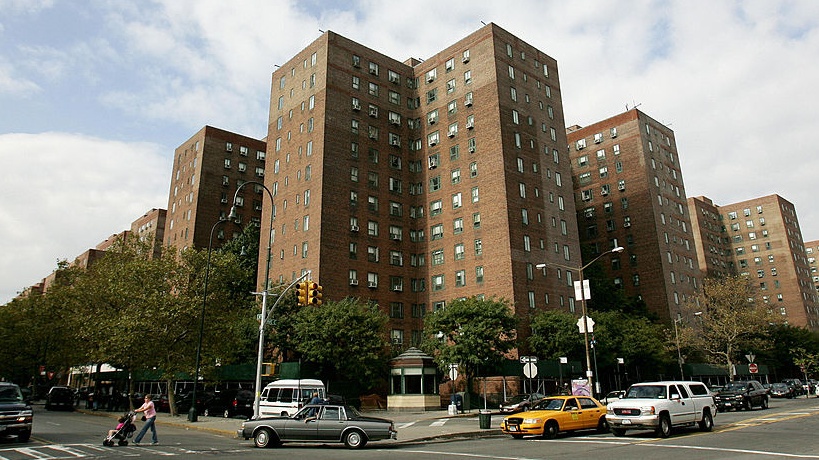A new study conducted by the National Bureau of Economic Research found that most U.S. landlords are committing housing discrimination by responding less to applicants with Black and Hispanic names as opposed to their white counterparts.
Bloomberg reports researchers used fictional renters with names most commonly associated with white, Black and Hispanic origins and then followed the 25,000 interactions between the fake identities and 8,476 property managers in 50 of the biggest U.S. cities.
Discrimination continues to affect housing access and outcomes for renters of color in major US cities and is associated with higher levels of residential segregation, from Peter Christensen, @IKISarmiento, and Christopher Timmins https://t.co/lr3zzEiKIu
pic.twitter.com/kaMiFZIygO— NBER (@nberpubs) November 30, 2021
The study found that renters with a white-sounding name had a 60% chance of getting a response from landlords, compared to Black applicants who had a 54% chance, or Hispanics who had a 57% chance.
The outlet goes on to add that housing discrimination further lends to perpetuating segregated neighborhoods in large cities. The study found that when a person of color did not receive a response from landlords, the likelihood of finding someone living in the building who is of the same race or ethnicity as those denied decreased by up to 17%. Black renters in popular cities like Chicago, Los Angeles and Louisville, Kentucky, or Latinos in Louisville, Houston and Providence, Rhode Island, faced the toughest barriers.
“Housing discrimination can have a critical impact on residential location choices and access to opportunity,” the study stated, according to Bloomberg. "Stronger discriminatory constraints on renters of color (particularly African Americans) are also associated with higher levels of residential segregation and larger gaps in intergenerational income mobility."
According to scholarly studies, access to "opportunity neighborhoods," meaning predominantly white sectors with properly funded schools, can effectively change the trajectory of a family's financial mobility and social status. Opportunity Insights shared study findings that found that a low-income child living in a less popular city has a better chance of reaching a higher financial income level than a low-income child living in a heavily populated city like Baltimore. Yet the research also showed that there are more chances for upward mobility in certain areas of larger cities when compared to the "average neighborhood" in a smaller city like Salt Lake City.
The study further shows that children who live in these "opportunity neighborhoods" have a greater chance of upward mobility by the time they become an adult than those in segregated neighborhoods do — a fact that's perpetuated by lower-income families being segregated into neighborhoods with less opportunity.
